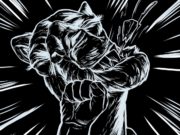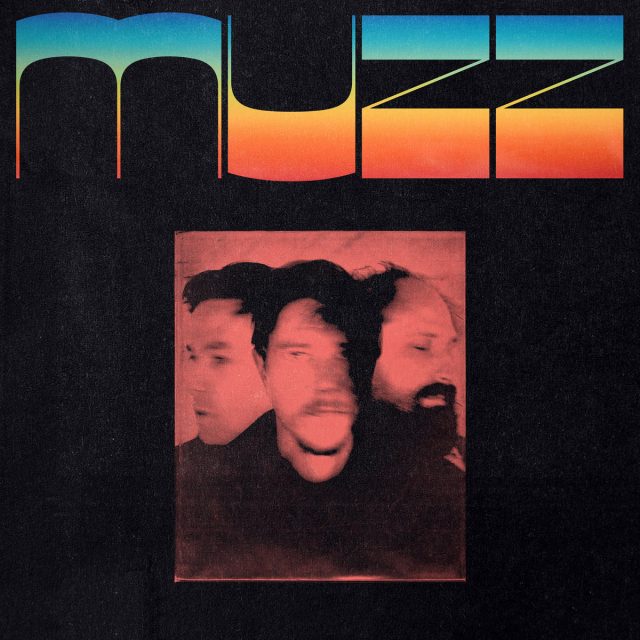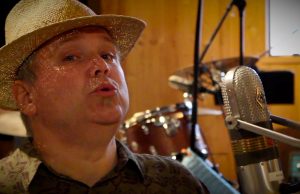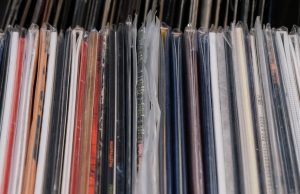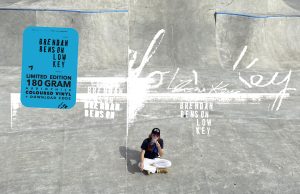I have no idea what a muzz is. It sounds like something midway between fuzz (or maybe buzz) and muss. Or half a muzzle. Any or all of those would probably be as good a way as any of describing the restrained sound of this new indie supergroup featuring Interpol singer-guitarist Paul Banks, Walkmen drummer Matt Barrick and all-around MVP guitarist Josh Kaufman (who has worked with everyone from The National and War on Drugs to Bob Weir). To their credit, they don’t come off like an amalgam of their resumés. Instead, the 12 cuts on this debut disc find hitting their own sonic stride. Grated, it’s a decidedly mellow and slow-moving gait. And the mood is not just understated; it’s even downright sombre at times. But thankfully, these savvy songwriters make up for any low-energy shortcomings with rich brass arrangements, atmospheric sonics and production, Banks’ hazy vocals and Kaufman’s stellar, tasteful picking. I may not know what it is, but I know I like it. As will you, I suspect.
THE PRESS RELEASE: “Alright, let’s just get this part out of the way: Muzz is a new band comprised of three gentlemen you probably know from other bands. Paul Banks is the singer in Interpol, has a project with The RZA called Banks + Steelz, and has released records as a solo artist. Matt Barrick played drums for Jonathan Fire*Eater and The Walkmen, and you’ve likely seen him on tour with Fleet Foxes. Josh Kaufman is a third of the folk group Bonny Light Horseman and has his producer mitts all over esteemed recordings by The National, Bob Weir, The Hold Steady, The War on Drugs and many more. Paul + Matt + Josh = Muzz. OK, phew. So how did we get here? Why, casually, of course. Banks and Kaufman have been friends since their formative teen years, having attended high school together overseas before separately moving to New York City for further study. There, they independently crossed paths with Barrick while running in similar music circles and shapeshifting scenes. Some years on, they each remained in touch: Barrick drummed in Banks + Steelz and on some of Kaufman’s production sessions; Kaufman helped on Banks’s early Julian Plenti solo endeavor; various demos were collaborated on; a studio in Philadelphia was co-bought; “what if”s and “we should”s were tossed about. By some accounts, Muzz recordings date back to 2015; cosmically speaking, though, the seeds were planted long ago. Either way, when the opportunity to make music as a trio presented itself, the gentlemen pounced. Sonically, the band aimed for a timeless tone, one that would make the music hard to place when viewed from some distance. In fact, the band’s name holds a meaning that serves to describe that very feeling. “We didn’t want the record’s era to be overly identifiable, so we used traditional recording methods with a live, analog feeling,” Banks says. “It’s a little more naked and open at times. Josh uses the word ‘muzz’ to describe a texture of sound he likes in certain older recordings, so it’s his attempt to put a term to a subtle analog quality. It became very married to our sound.”









